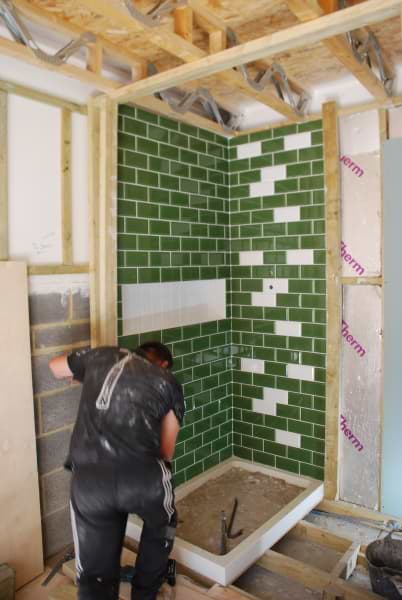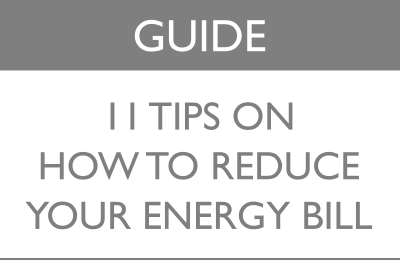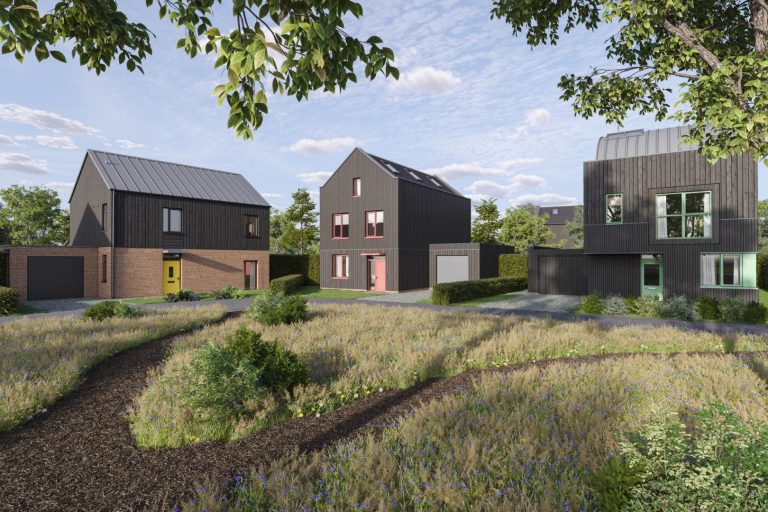written by guest writer Liam Cogan
Rates for energy are going up across the UK, and it shows no signs of stopping. Here are some changes you can make to help with the increase.
With dramatically rising energy costs, and many independent energy companies closing their doors, trying to find savings from your energy provider has become difficult. In fact, Compare the Market has paused their energy company comparisons because they are not able to find more cost effective alternatives.
The good news is there are some things you can do on your own to save money, even though rates have gone up. Read below for our tips on saving energy, from tips that cost you nothing, to more costly changes.

1. Switch Off Power Appliances at the Socket
Statistics show you can cut down your energy bill by £30 a year by switching off appliances at the plug when they’re not in use.
So if you’ve got that mobile phone charger that’s sitting idly by waiting for the next charge, take an extra second to switch it off until the next time you need it, and make it a habit to switch off the plug every time you unplug an appliance.
2. Lower the Temperature on your Thermostat
By lowering your Thermostat temperature by just 1 degree, you can save up to £55 pounds a year, as well as reducing your carbon footprint. You’re unlikely to physically feel a difference from just one degree, but it could make a difference to your wallet.
Aim to keep the temperature of your home no higher than 19 degrees to cut cost and carbon footprint.
3. Look into Energy Discount Schemes
To help people with rising costs, the government has announced new schemes such as the ‘Warm Home Discount’, and ‘The Winter Fuel Payment’ for low income or other vulnerable households, in the form of payments or discounts. Find out more here.
4. Draught Proof Your Windows and Doors
If you don’t want to replace all your windows, you can draught proof your windows and doors to help stop heat from escaping, so the heating doesn’t need to be on as often.
Fixes like weatherstripping tape on windows and doors, installing covers over your keyholes, or installing underlay under your carpet to increase insulation, can save you up to £45 a year.
5. Replace Light Bulbs
Replace old light bulbs with energy saving LED light bulbs that can last around 20 years (if used for an average of 3 hours a day), compared to just 2 years for a standard Halogen bulb, and you can save £2-3 a year for every halogen bulb you switch.
Given that lighting accounts for about 15% of a household’s energy bill, switching your bulbs today could save you money on energy for years to come.

6. Switch to a Smart Thermostat
Switching to a smart thermostat could save up to £75 pounds a year. Smart Thermostats can be set to switch on at certain times, heat up rooms you’re in, and are generally more precise.
So if you are looking for ways to upgrade parts of your home, this would be a good option to explore.
7. Double Glaze Your Windows
By installing double glazed windows, it helps keep your the heat inside your home (alongside reducing noise), helping you save up to £110 a year.
If you’d like to prevent even more heat from escaping, you can opt for triple glazed windows like the ones installed at our Blenheim Grove homes.
8. Insulate Walls and Roofs
If you are looking to do more serious renovating and retrofitting work, insulating lofts and cavity walls could save you close to £300 a year.
Aim for the recommended 270 mm of thickness to achieve the ideal level of insulation.
9. Install solar panels
Solar panels do have a higher up front cost (an average of £6500) but if you are looking to reduce your energy costs long term, not only can you generate your own electricity, but any extra energy produced can be sold back to the grid.
You can also save even more on energy by running your appliances like washers and dishwashers during the day when the sun is out, keeping your costs down.
10. Install a heat pump
Now, the cost of a heat pump is definitely not affordable for many, as it can cost anything from £6000 all the way up to £18,000 to install a ground source heat pump. But with the gas boiler ban coming in 2025, if you need to replace your boiler, it’s worth future proofing your home by looking into a heat pump.
Heat pumps can achieve up to a 600% efficiency rate, and while the performance of heat pumps is not perfect, with some models not able to heat a whole house or deemed too noisy, the technology is improving and prices are reducing as they become more mainstream.
If you pair your heat pump with solar panels, your energy costs go down even more, making up for the initial cost of the pump.

11. Custom Build Your Home
Now this might not be an option for everyone, but if you want to cut down costs not just for years, but decades, we think custom build is the best way to incorporate all the energy efficient technology you want, while giving you the house that suits your lifestyle and needs.
Instead of renovating an existing home, start with a blank slate and design your home from the start with features such as enhanced insulation, double (or triple) glazed windows, and integrated smart technology.
Your home will be well equipped and future proofed to tackle our ever changing climate, and sustainable energy is another way to save money in the long-term (as well as the planet).
Check out our current custom build projects and plots
New to Unboxed Homes?
We make self-build easy. We build customisable eco friendly new homes that you fit out yourself, or we fit out for you.
If you’ve ever wanted to build your own home but have been daunted by the idea or you want a project but don’t want the risk of buying a Victorian terrace that needs modernising, then sign up for our newsletter or our custom build register and we will send you emails with opportunities and land for sale that has been vetted as a good opportunity by our MD Gus Zogolovitch
Be the first to know about our newest projects
Find a plot for your custom build project


